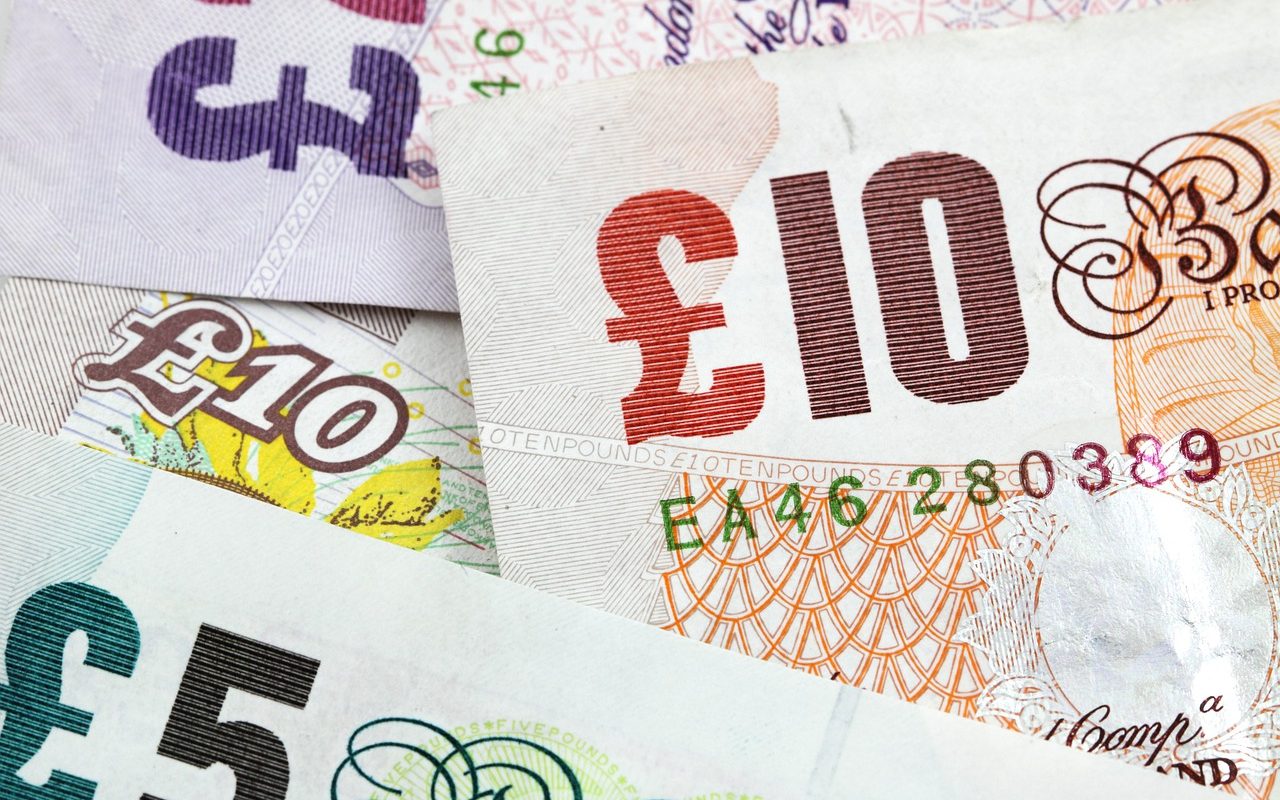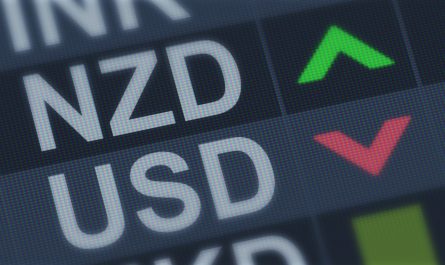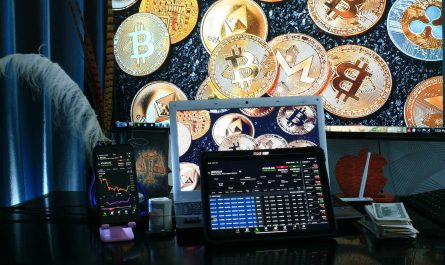On Monday, Sterling declined against the euro and remained flat against the US dollar, due to persistent concerns of economic growth and post-Brexit tensions in Britain.
Post-Brexit issues
On Monday, British Prime Minister Boris Johnson announced that legislation could be passed by the parliament this year for scrapping some of the rules that the government had agreed to with the European Union regarding post-Brexit trading with Northern Ireland back in 2020. According to analysts, this would mean problems with the European Union that could harm the British currency.
The bilateral deal is referred to as the Northern Ireland protocol and parts of it would be unilaterally replaced by the legislation in question. The bill is going to be sent for a second reading in the lower house of parliament. It is one of the steps that have to be taken before the law can be passed.
Sterling erases gains
In early morning London trading, the risk-sensitive pound had risen against the US dollar to two-week highs, thanks to a rally in the equity markets. But, the currency was flat once more by 1110 GMT and trading at $1.2273. The pound recorded a 0.3% decline against the euro and was trading at 86.24 pence.
Market analysts said that the pound recently saw some support due to the hawkish remarks from officials of the Bank of England. But, the growth concerns of the UK are going to put the currency under pressure for the next while. These fears are expected to get worse if the UK and EU enter into a trade war because of the Northern Ireland protocol.
On Friday, Huw Pill, the Bank of England Chief Economist, said that interest rates would remain the major tool of the central bank for managing inflation. The BoE is preparing to sell off its bonds, which it had begun to buy for providing economic stimulus during the pandemic.
Different factors
Last year in December, the British central bank had started hiking interest rates in order to tackle inflation. It increased the rate from 0.1% to 1.25% in order to do so, as inflation in the month of May reached 9.1%, which is the highest figure seen in the UK in 40 years.
Political problems and recession worries have also put downward pressure on Sterling, which has plunged by almost 10% against the US dollar since the start of the year. On Friday, the Conservatives Party was unable to secure two parliamentary seats, which is a new problem for the British Prime Minister. His authority has taken a beating due to the revelation about breach of lockdown rules during the COVID-19 pandemic.
It has come to be known as the partygate scandal, as reports said that parties had been conducted at the Downing Street office during lockdown, with the PM in attendance. This has led to political turmoil in the country and went as far as a no-confidence vote against Johnson, which he was able to win albeit narrowly.
















